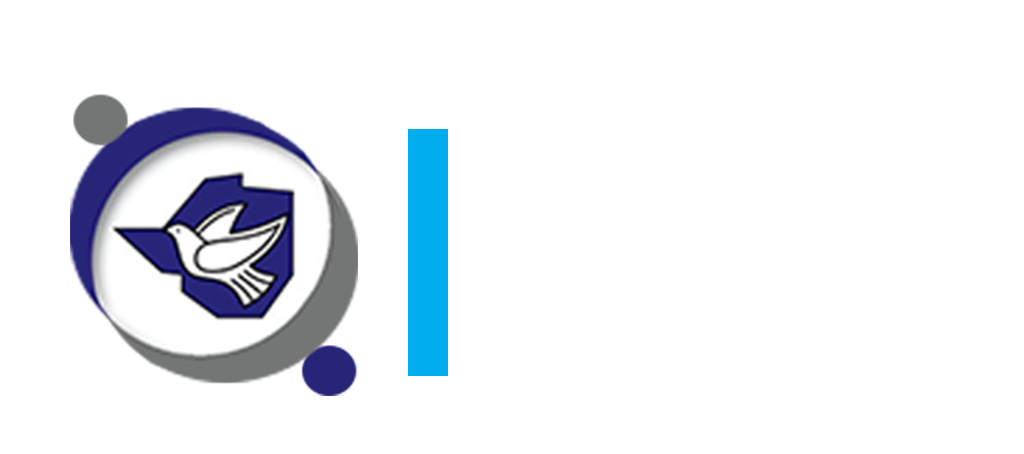29 May End the killings, arbitrary arrests, abductions, and torture: A CALL FOR THE POLICE, ARMY TO SERVE THE PUBLIC.
For Tracy Mufudzi, Saturday 23 May, 2020 was just like any other ordinary night, and with her fiancé, 34-year-old Paul Munakopa by her side, nothing could go wrong. She had no idea that on the same day, her future husband would be lying in a morgue, shot dead by the police.Circumstances that led to Munakopa’s death have remained unclear, but what stands out is that the two lovebirds who werein a Honda Fit, endured a high-speed chase from a private vehicle that was carrying uniformed and plain clothes police officers, who, according to Tracy, never identified themselves.
This is a typical case of a life lost in circumstances that could have well been avoided had the police conducted themselves in a professional manner, and with respect to the fundamental right to life as espoused in Chapter 4, Section 48 of the Constitution of Zimbabwe.The Constitution of Zimbabwe Chapter 11 Section 219 also gives the Police the mandate of ‘protecting and securing the lives and property of the people,’ and in order for that to happen, it is necessary that police practice restraint in dealing with members of the public.Section 86(3) of the Constitution says that the right to life cannot be limited or violated by any law. Munakopa’s story comes hard on the heels of a litany of cases where the police have conducted themselves in a worryingly unprofessional and ruthless manner.Only last month, police in Bulawayo arbitrarily arrested and brutally assaulted two sisters, Nokuthula and Ntombizodwa Mpofu, and it took pressure from civil society organisations, and the National Peace and Reconciliation Commission to get the women released and have the six offending officers arrested and appear before a court of law.Bulawayo resident Levison Ncube, 25, died from “subarachnoid haemorrhage and head trauma” a few days after police allegedly beat him for allegedly violating Zimbabwe’s Covid-19 lockdown rules, during the first week of April and currently, his family is suing the Commissioner General of police.
On 13 May, three MDC leaders were arrested after participating in a demonstration, but what they thought was an arrest that was to be handled within the procedures set out by the Constitution, turned out to be a nightmare.The three were allegedly abducted from police custody and they were dumped after being tortured in what raised red flags on the government’s commitment to ensuring public safety and security.It is worth to note that the Constitution lays out the clear procedures to be followed when anyone is suspected of committing a crime, and statements from government and the ruling party insinuating that the three had participated in an illegal demonstration, only seek to justify the unacceptable abduction and torture, and this has the danger of fomenting a culture of impunity.
This week, police announced they have arrested 40 682 people for violating Covid-19 lockdown regulations, and this raises questions on whether these mass arrests happened lawfully considering the rise in incidents of police not conducting themselves professionally.What is more worrying is that the recent arrests, torture and killings are just part of what has now become a pattern, where state security agents act unlawfully with impunity.
This comes against a background where a Commission, led by former South African president Kgalema Motlanthe and set up to investigate the killing of civilians by the army on August 1, 2018, recommended a set of reforms in the security sector.Government acceded to the recommendations and in October 2019, Foreign Affairs minister reportedZimbabwe had rapidly begun the task of implementing the Commission’s key recommendations.The Commission called for the retraining of police to be professional and non-partisan, and to take action against the members of the security forces responsible for the killing of six civilians during the protests. Fast forward those responsible for shooting civilians in protests in January 2019 are still account for their actions. Moyo even promised that government would begin legal action against the perpetrators and was quoted “We can expect prosecutions of those responsible to begin next year (2020), after the police and prosecution services have completed their post-inquiry investigations.”
Three months earlier, police Commissioner-General Godwin Matanga announced they had started re-training junior officers ‘to equip them with the latest policing trends after being exposed by the recent anti-government protests that rocked the country where their crowd control skills were questioned.’Matanga said the retraining was part of recommendations made by the MotlantheCommission of Inquiry. To this date, there has been no feedback on the progress, and if at all, what is being witnessed, are more acts of police and army brutality which prove that the elephant is still in the room, and it still needs to be dealt with, not just in accordance with the Mothlanthe Commission recommendations, but also in line with the Constitution. This is against a situation where, historically, the government of Zimbabwe has been complicit in human rights abuses that include abductions, torture, beatings and killings of civilians, human rights defenders, and political activists.Numerous cases of enforced disappearances have happened over the past decades and to date, despite government denials, Itai Dzamara and a dozen others have remained missing, and it is this history that makes it a grave concern when such incidents continue to happen over and over again.The situation is compounded by the current COVID-19 crisis, where the work of law enforcement agents is central to containing and responding to the disease, and it will take government commitment to ensure that the police and the army conduct themselves professionally.In light of this situation,
ZPP therefore reiterates its call for the following:
• The right to life is sacrosanct, and government should follow the Constitution, where in Section 86(3), it reads, the right to life cannot be limited or violated by any law. In essence, any killing by the police or army, in whatever circumstances, is extrajudicial.
• In light of that, ZPP implores the government of Zimbabwe to reorient the police and the army to respect the law and act within the confines of the law.• Government should ensure that any state security agents implicated in unlawful actions are prosecuted in a transparent manner, and that justice is served.
• In the long term, government should ensure that past and current violations are dealt with, and this should be done in such a manner that all those aggrieved find closure, and mechanisms are put in place to avoid future occurrences.
• The Zimbabwe Human Rights Commission should, in line with its mandate as set out in Section 243,“direct the Commissioner-General of Police to investigate cases of suspected criminal violations of human rights or freedoms and to report to the Commission on the results of any such investigation.”
In conclusion, the beginning of peace, where every Zimbabwean lives without fear, and where the law enforcement agents uphold the law, is the beginning of development and respect of tenets of democracy in Zimbabwe.




No Comments